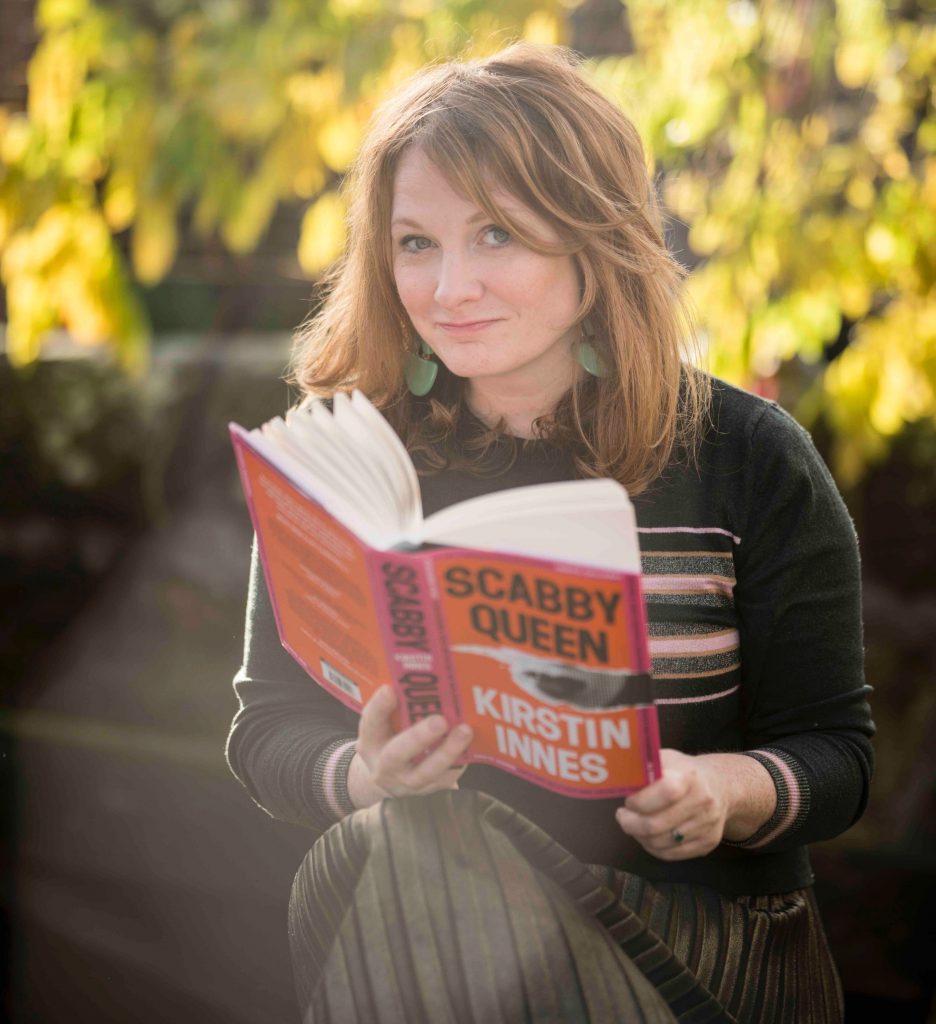New research released for World Book Day reveals the immense contribution of the country’s book festivals and the importance of ensuring they can return to full strength after the pandemic.
A survey covering nearly half the country’s 60+ book festivals shows that in 2019 they attracted audiences of almost 780,000 (410,000+ in person), featuring 2,800 authors and invested almost £6.7 million of staff, goods and services (with a wider knock on impact estimated at over £11.3 million).
In 2020 the total audience dropped to 344,000, with 91% being online or digital, as the festivals worked to find new ways to reach audiences, or were forced to cancel.
Adrian Turpin, Artistic Director of Wigtown Book Festival and Steering Committee member of the SBFN said:“Scotland’s book festivals are a cultural treasure. Their growth has been extraordinary and they are a powerfully positive and much-loved part of our lives.
“During the pandemic many were able to pivot and deliver great events digitally and online – and they achieved a huge amount at a time when people were facing tremendous challenges. But it has been a struggle for the festivals and they have endured a serious battering, not least through the huge loss in revenues.
“It’s clear from our survey that they have an immense impact on Scotland’s culture and society, bringing hundreds of thousands of people of all ages, backgrounds and interests in contact with writers of every imaginable kind – firing imaginations, provoking discussion and strengthening the nation’s love of literature.
“World Book Day is the ideal moment to highlight what they have achieved and the need to rebuild after the pandemic – and this is all the more true given that 2022 is Scotland’s Year of Stories.
“It is vital that book festivals receive the full-blooded support of public, private and charitable funders, of the Scottish Government, of local authorities and of everyone else who values the role they play, so they not only recover from the pandemic, but further flourish and multiply.”
While it is not possible to extrapolate the survey figures to identify the full impact of all Scotland’s book festivals, it is clear that the impacts and benefits from all 60 will be even greater than those from the 27 respondents.
Among the other findings (also see attached sheet of key figures) are that in 2019, the last pre-COVID year:
- Some 70% delivered events for families and young people – a total of 450 events attracting over 32,000 attendees
- They ran 280 schools, learning and education events with 29,000 attendees
- Around 88% provided volunteering opportunities – totalling 3,500 volunteer days, valued at £347,000
- There were already 100 online or digital events, with audiences of over 390,000
- An average of 64% of people attending were local, with 33% from other parts of Scotland, 10% from elsewhere in the UK and the rest from overseas.
Authors and poets have also spoken about the importance of book festivals to their careers, to writing and to literary culture.
-
Damian Barr FRSL, author of Maggie and Me and You Will Be Safe Here as well as presenter of The Big Scottish Book Club: “Each festival has its own character which reflects the area and the stories from and of there. I can honestly say I’ve never had a bad time at a Scottish book fest as author or reader!”
-
Cal Flyn (Thicker Than Water, Islands of Abandonment): “I feel strongly that a strong culture of Scottish book festivals is crucial in the creation and maintenance of a healthy literary ecosystem.”
-
Dominic Hinde (A Utopia Like Any Other): “Book festivals are critical to the vitality and impact of Scottish writers. Given that many writers earn little from direct sales, festivals are a chance to engage with readers, increase profile and generate other forms of revenue.”
-
Kirstin Innes (Fishnet and Scabby Queen): “Scotland’s book festival sector has had a huge and profound impact on my career as a writer.”
-
Kathleen Jamie (Scotland’s fourth Makar and author of Surfacing, Findings and Sightlines): “Sometimes you feel the world is going to hell in a handcart, but the growth of book festivals shows that reading and intelligence and debate are alive and well and happening at a local level.”
-
Jackie Kay CBE (author, playwright and poet. Other Lovers, Trumpet and Red Dust Road) said: “From Colonsay Book Festival to Ullapool to St. Andrews to Edinburgh to Melrose to Wigtown, Scotland excels at providing readers unique literary festivals, each with their very own personality and charm. At a book festival in Scotland you’re as likely to make friends with a new book as to make a whole bunch of new friends.”
-
Stuart MacBride (the Logan McRae crime novels): “Festivals are where we come together as a community: readers, writers, publishers, aspiring authors… Scottish Book Festivals are where we find our people.”
-
Val McDermid FRSL (Forensics): “Writers spend most of their working lives alone with a screen. The great joy of festivals is the positive interaction with readers, with other writers and with industry professionals.
-
Hollie McNish (Nobody Told Me, Slug): “These festivals have been an honour to read at and a real aide to my career.”
-
Leela Soma (Twice Born, Bombay Baby and Murder at the Mela): “From Bute Noir, to Wigtown Book Festival, Bloody Scotland, Aye Write, to the huge EIBF – Scottish book festivals are making concerted efforts to have more representations from writers of colour from Scotland. I hope this is the start of an evolving change, that will include more diverse voices in book festivals.”
SBFN was set up in 2020, on the request of Creative Scotland, to be a vehicle for providing knowledge sharing, networking, advocacy, collaborative working, as well as guidance on best practice across the spectrum of Scotland’s literary festivals.





